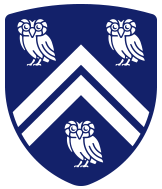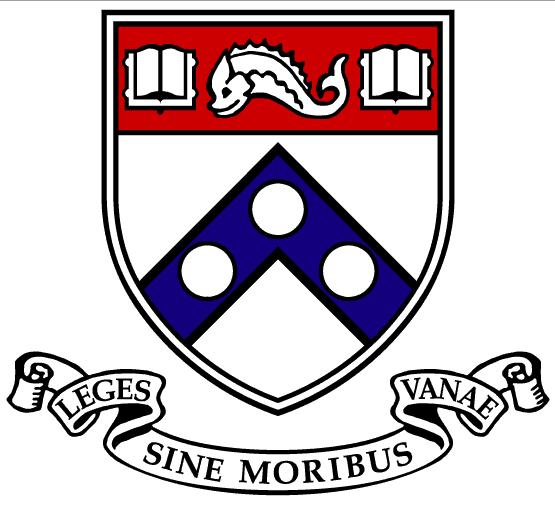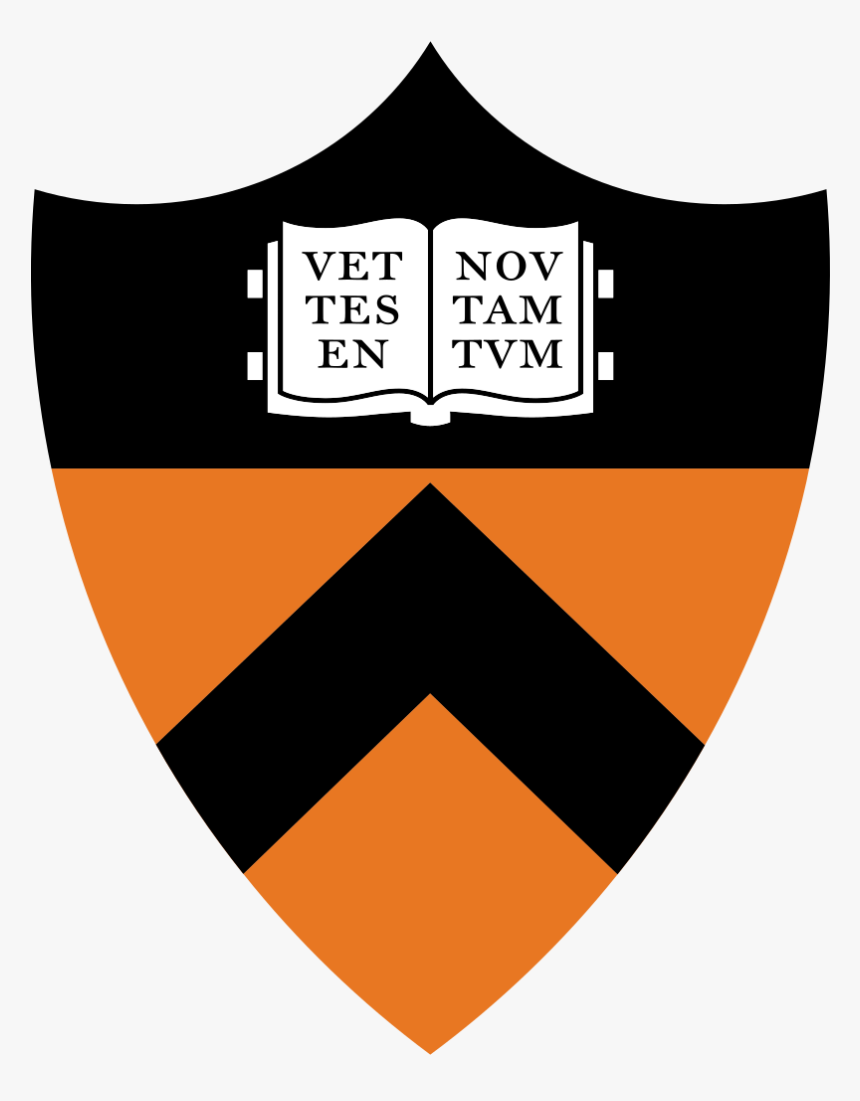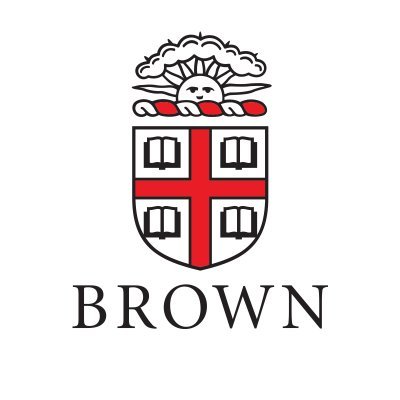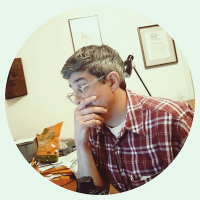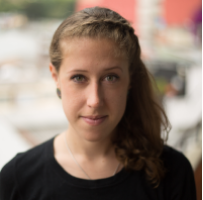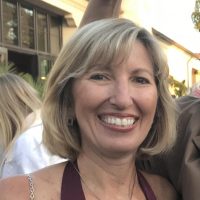Personal Statement Editing Services
Our editors work to improve your statement to be clear, consistent, and free of mistakes. Let's make your unique story correspond to the admission standards!
Meet Recently Admitted Clients
12 000 happy clients got accepted to 700 educational institutions, including Ivy League
How Can EssayEdge Improve Your Personal Statement?
...
...
WHAT DOES A SAMPLE LOOK LIKE?
If you want to submit a good personal statement, you need to describe your ambitions, skills, and experience in an interesting and unconventional way. Our editors can proofread and edit your essay, as well as point out the parts of the text that could be improved.
Introduce yourself and explain why you want to apply to this particular school or program.
Tell the admission officer about the experience that has developed your understanding of the subject.
Describe your goals and ambitions, as well as the challenges and struggles you have encountered.
Speak about your hobbies, interests, and extracurricular activities that can help you stand out from the other applicants and show your different sides.
subjects
Programs We Can Help With
We will check your paper for basics such as grammar and spelling, as well as structure flaws and weak arguments.
4 Steps to Get Great Submission
HOW IT WORKS

Complete payment
Provide the files you need help with and choose the type of service. Select your editor, or let us recommend an expert. (Our All in One package lets you submit 3-5 different essays per one order.)

Communicate with the editor
Stay in touch with the editor and contact him/her for additional instructions or questions. With the Premier package, you will get a 1.5-hour prone consultation, including one brainstorming session.

Get reviewed files
Download the final version of your essay, send it to an educational institution of your choice, and enjoy a new chapter in your life.

Enjoy successful submission
In case of any questions, contact our support team 24/7. We are always ready to give you a helping hand in any situation.
Pricing Plans: Choose the Best Offer
Minimal prices for orders no longer than 600 words. Cost may slightly change in case of larger essays to be helped with
Proofreading
Turnaround - 24/48 hours
- Service provides a check for typos and grammatical mistakes.
- This service is the perfect fit for applicants with a near-final essay.
- You will receive a final draft with a brief critique to enhance your essay.
+$59 for 24h rush order
Standard
Turnaround - 24/48 hours
- Service offers comprehensive editing.
- Perfect fit if you are not a native English speaker or have some doubts about the essay's structure.
- It includes one follow-up email to the editor, a recommendation around the essay's content and a fully proofread essay.
+$59 for 24h rush order
+50% for second reading
All in one
Turnaround - 3/7 days
- Save 50% off your order!
- Perfect choice if you need help with 3 - 5 different essays.
- You will receive edited documents with recommendations on their structure and content.
+$139 for 72h rush order
Brainstorming
Turnaround - 48 hours
- 30-45 min brainstorming session and outline after a call what needs to be in your admission document
Premier
Turnaround - 14 days
- Premier service will take you from the outline to the finished essay.
- Two one-on-one consultations and 14 days of email interaction are included.
- You will receive personalized guidance and an essay ready for submission.
Rush orders not applicable
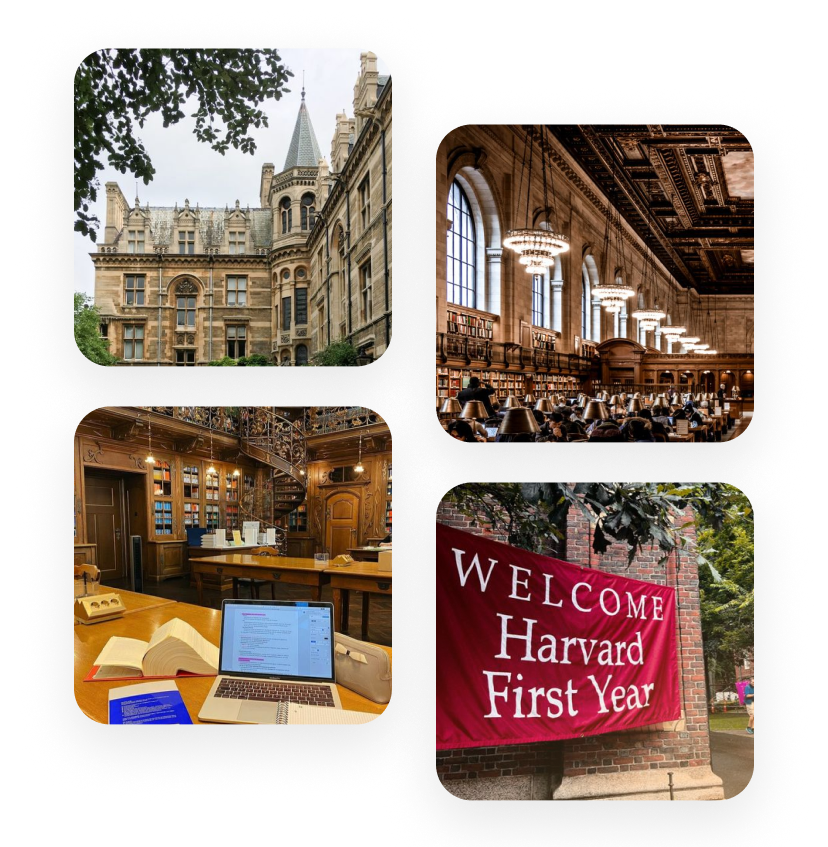
Universities
Top Universities That Admitted Clients After Using Our Personal Statement Editing Service
- Harvard University
- Stanford University
- Yale University
- Princeton University
- Massachusetts Institute of Technology (MIT)
- Columbia University
- University of California, Los Angeles (UCLA)
- University of Pennsylvania
- New York University (NYU)
- Duke University
Why Do You Need a Professional Personal Statement Editing Service?
Crafting a perfect personal statement is often half a success. During the latest admission cycle, the competition increased significantly. It means that even high GPAs and test scores are not enough to impress the admissions committee. In this case, a brilliant personal statement is the only way to stand out from the other applicants.
What are the criteria for the perfect personal statement? Let’s look through the main ones:
- It should be specific and contain only relevant information;
- A personal statement should highlight the motivation to choose the specific program;
- It underlines your unique personality;
- The essay contains persuading arguments;
- It shows your strong sides and includes relevant skills, experiences, and qualities;
- A personal statement has a perfect structure;
- It corresponds to the style requirements;
- It has no grammar or punctuation mistakes (or any other language inconsistencies);
- Word choice and the essay’s formatting correspond to the provided instructions.
The list is quite long, and it’s essential to follow all the requirements before final submission. Many applicants believe that a personal statement is similar to an ordinary essay. But it’s not true. A personal statement is a specific paper that should follow a wide range of instructions. Thus, professional online personal statement editing is a good idea to ensure everything is OK with your application essay.
Our personal statement services unites the best professionals in editing and proofreading. They know how to make your personal statement outstanding. Besides, our personal statement editors are native English speakers. So, you can be sure that our experts will thoroughly check and eliminate all possible language inconsistencies.
Do not miss the opportunity to get professional editing help and submit a successful admission essay. Place an order now to start cooperating with top specialists in preparing documents for the best universities worldwide.
Our Personal Statement Service Helps to Get to Top Universities Worldwide
The choice of a university can be a really hard decision. Sometimes, students rely on the suggestions of their friends and relatives. Some applicants consider various factors to make a final decision. These criteria may include the educational institution’s reputation, the living costs and tuition, the return on investment factor, and so on.
For this reason, our team prepared a complete guide on the largest universities in the US. There, you will find detailed info about the most prestigious and popular universities and the specifics of their admission cycles. Moreover, experts shared the most working tips on selecting the best college and what things to consider while preparing the list of institutions for application.
Our mission is to make the preparation process more convenient for you. Our team considers the chosen institution and the program and is ready to share helpful advice to boost your chances for admission to your dream university. With our personal statement editing service, you can be confident that your application docs will correspond to all requirements.
We also provided some samples before and after editing personal statements. These examples show how much work our editors do to complete your order. Also, we shared tips on how to use samples. With their help, you can feel the difference and see that expert checking does matter for the quality of the admission document.
5 Reasons to Cooperate with Personal Statement Editors
Cooperation With Top Experts
Our editors are the best experts in their field. Most of them are former students of the most prestigious universities, including Ivy League schools. So you can be sure that they know the specifics of the admission process and will consider them while checking your doc.
The average editing expertise of our experts takes 12 years. They are not only language gurus but also ready to assist you as mentors. Of course, the higher the quality of editing and proofreading services, the higher the price is. But the help of the top experts from the Ivy League is worth the paid money.
Our team also shares their unique experience and useful tips on the blog and podcasts. Also, you can find free guides that cover all of the questions regarding the essays for different programs.
Thorough Personal Statement Editing and Proofreading
Personal statement editors work hard to make your personal statement polished, neat, and professional. Editing and proofreading personal statement includes several important steps, including
- Grammar and punctuation corrections;
- Changing the sentence structure to eliminate wordiness and enhance readability;
- Checking the structural issues to ensure clarity and coherence;
- Highlighting consistency issues;
- Word choice and formatting check to make the doc look professional;
- Providing valuable comments and feedback regarding the style.
Even if you choose the quick turnaround option (24 hours), you can be sure that our editors will do their best in the shortest possible time. Our task is to make your essay the best version of itself, not edit the document just for the sake of it.
Ability to Manage the Personal Statement Editing Process
Be sure that the editor will do everything according to your preferences, as you can manage the review process. Also, you will choose the personal statement editor depending on what you need to get. Our experts work with a variety of admission documents and different subjects.
What is more, you will set a deadline and be able to check the progress of your order. In case of any questions, you can contact the chosen reviewer or support team.
High Satisfaction Rate
Our Customer Satisfaction Rate is 9.8/10. We are proud that 98% of our clients recommend our services. EssayEdge works to improve the experience of customers and boost the quality of services.
You can read what our customers say about us to make sure of the quality of our editing and proofreading services. Also, our clients often share their success stories of getting into their dream universities. For instance, the Ivy League personal statement edited by our expert helped Chris (one of our dear customers) enter Columbia University.
Personalized Approach to Every Client
We consider every detail before starting to work on your order. Different universities often have their own specific requirements, and our experts are aware of them. Thus, you can tell your reviewer about the university and program you chose.
Our professional personal statement review service increases your chances of getting into the pickiest universities. Because many of our editors were students at Ivy League schools, they know exactly what you need to catch the attention of the demanding committee.
What Advantages Will You Get From Using Personal Statement Editing Service?
Using our professional personal statement proofreading and editing service has a lot of advantages. Here are the major ones:
- Wide Range of Services. Every client can find the right service depending on their needs and requirements. We are ready to assist you with your admission docs for various educational institutions. You will get a high-quality service from fast 24-hour editing to full guidance by our mentors.
Different offers are available depending on the deadline and type of service. All you need is to choose the best-fitting pricing plan and let us make your personal statement look perfect; - Expert Personal Statement Checking. With our editing and proofreading, you can be sure that your docs will be polished from top to bottom. First, our professionals will do a thorough grammar, stylistics, and punctuation check. Then, they will leave comments on improving the style, structure, tone, formatting, and word choice.
What is more, we do NOT use a machine personal statement checker. Instead, our editing gurus do everything manually, paying attention to every little nuance. - Fast Delivery. The 24-h and 48-h turnaround options are also available. If you need your personal statement checked as soon as possible, our editors are ready to provide you with fast delivery. Still, do not worry that it means that the editing will be on the spot. EssayEdge guarantees professional and thorough personal statement checking even under tight deadlines.
- Professional Guidance. Apart from editing and proofreading, our team is ready to share their expert advice. Your personal editor can become your mentor at the same time. We have pricing plans that allow you to get expert consultations, phone conversations, and constant e-mail interaction with the personal statement editor.
- Adherence to Privacy Policy. We take into consideration the privacy policy and take care of your anonymity. We do not violate any rules, and our personal statement checking service is fully legal in the US and worldwide.
Why Should You Proofread Personal Statement?
Writing a personal statement is complicated since it is so easy to make mistakes. Poor structure and consistency, and lack of grammar harm how it will be perceived. However, it is also difficult to avoid mistakes when working with content. Here are the ones that our best personal statement editing service team of editors notices most often:
- Templates and cliché: A common topic for a personal statement is the candidate’s trip abroad. It is so overused, that it does not attract interest, especially if you do not delve very deep into how and why your trip changed you. The essay topic should be yours, and come from you alone. Templates may not be the best decision.
- Lack of specificity: Candidates need to tell as much about themselves as possible to impress the admissions committee. However, simply telling them how special you are is not enough. The statement may be too general, without specific examples to support the stated qualities and experience. It is important to edit personal statement essay since the lack of persuasiveness does not make the desired impression on the admissions committee.
- Lack of sincerity and enthusiasm: Sometimes the essay seems dry or formal. Failure to convey personal interest and passion for the chosen program makes the application less attractive.
- Focusing only on academic achievements: These are certainly an important part of your motivation, but they are no substitute for personal qualities, life goals, and experience, which may be more important to the committee.
Unfortunately, it can be quite difficult to notice such errors on your own, because we see our work subjectively since we have invested a lot of effort and effort. Working with an editor will help you become more effective in writing texts, proofreading personal statement gives a third-person perspective that can improve your writing. How exactly?
- Cooperation with experts in editing from top US universities
- Choosing the editor who corresponds to all your requirements and type of work
- Text proofreading (including grammar and punctuation check)
- Comments to improve the style of the text
- Structure recommendations that correspond to the committee’s requirements
- Improved tone and exposition
- Formatting suggestions
- Word count recommendations
- Editor’s variants to improve the content and word choice
FAQ
Frequently Asked Questions
Please check Frequently Asked Questions to learn more about our service and the ways we can help with your school application.
EssayEdge offers services ranging from proofreading to full critiques. Our Proofreading service includes a check for typos and grammatical errors and is best for those with a near-final essay. Our Standard service combines proofreading with a constructive critique based on your essay’s structure, content, and tone. Lastly, our Premier service is the most comprehensive. It includes proofreading and review, plus a brainstorming session, 2 phone conversations with your editor, and 14 days of email support.
If you are looking for admissions consulting plus editing, then our All In One Package is for you. This includes professional admissions consulting for one application, along with all the editing services needed for each piece of the application. For more information, contact us.
Check our FAQ for more detailed information
Do you have more questions? We are always here for you.
